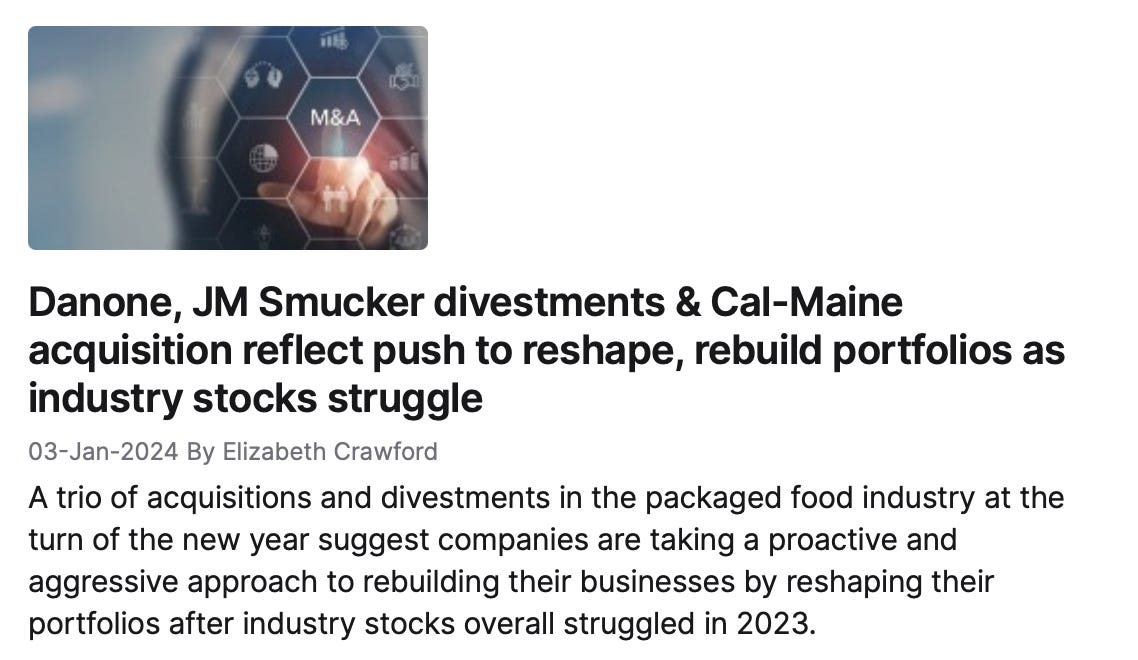When organic took down a nation
3-min read
Last week I covered California creating a standard for regenerative agriculture. State legislators intend to incentivize and fund policies and programs that will enable regenerative practices to be implemented across all farming.
At the same time, Gavin Newsom wants to increase organic farming from 6% to 30% of all agricultural production by 2030. That is six years from now, and I see the momentum towards this goal happening with this new regenerative standard.
At present, the loudest public comments on what will become regenerative policy are coming from organic farmers, regulatory agencies, and environmentalists. Public listening meetings are taking place now. Have your voice heard at the next public meeting for Regenerative Ag happening tomorrow, Jan 11th, register here
Of course, California, the largest ag producer in the U.S., would never mess with food security by implementing policies that risk yields, right? Not even close would anything happen here that happens in developing countries.
Remember Sri Lanka in 2022, when chemical fertilizer was banned and people starved. Michael Shellenburger wrote about it here.
An activist shouts slogans and holds up bread as he protests against rising living costs in Colombo on March 15, 2022. (Ishara S. Kodikara via Getty Images)
Whichever side of the organic movement you sit, the problem is the country attempted to go organic in 4 months. Legislation was passed in Dec 2020 and all chemical fertilizer imports were banned in April 2021.
Anyone who has attempted transitioning to organic knows it can’t be done in 4 months and especially at large scale where you lack replacement inputs.
“The lack of organic fertilizer productive capacity, coupled with the absence of a formalized plan to import organic fertilizers in lieu of chemical fertilizers raises the potential for an adverse impact on food security,” warned the USDA.
Shellenburger points out the thoughtlessness of ESG investment influence in the country which rewarded Sri Lanka with over $3 billion in grants for banning chemicals but left the country unable to feed itself.
Something like this only happens in developing countries. It can’t happen here, right?
Which brings me to where investment money is going in food + ag. Big tech is increasingly concerned with agriculture and see themselves as uniquely positioned to solve the future of food. Ex-Googler and climate entrepreneur David Friedberg explains this mindset in the All In Podcast:
● The biggest problem to be solved in the future is bio food as a way to replace traditional food systems including all of ag and all of animal ag.
● As an investment, it’s an infrastructure play
● We can recreate all food on earth in a few square miles and distribute those systems
● It’ll be carbon negative
● Will create jobs
● Will return billions of acres of lands to natural forms
Until then, we have crops and animals. And we still have a democracy. Get out there and participate in shaping California’s regenerative state policies and programs.
All my best,
Jennifer






